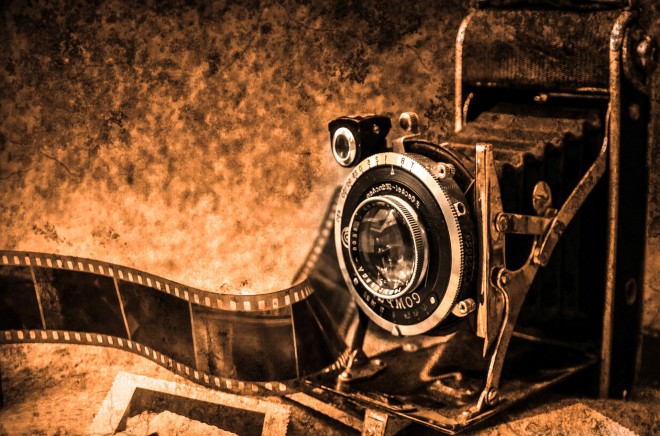Each of us are given a constellation of gifts. We do not get to choose what these gifts are. We do not have to like them – and maybe you will spend years being petty and angry about not getting the gifts you wanted. For example: I wanted to be a scientist, but I was not given the gift of mathematical intuition. I spent years training to be a physicist, and you know, I can force it, but it’s exhausting because there’s no true inspiration behind what I do. It is entirely manmade. Artificial. Artifice. Only after deciding to cultivate a gift I was given – that of being able to write with honesty and intensity – only then did I begin to see my purpose. I also got another gift that I initially spurned, but it is the perfect match for my writing: I am good at testing software. Testing provides for my financial and creature needs, and in a physical, material way supports the transcendent gift of my writing – transcendent because it is the thing I am meant to give back to the world. Trying to force the mundane and the spiritual into the same pen was a lot like my years playing at physicist. It was a pointless fight. I’m finished.
If you read my last post, you know that I’ve been trying to live by some monastic principles. I’m paring back the noise and replacing the question of “What do I want?” with “What is right for me to do?” I see now that there are very few things I must do:
- Love my fellow man and practice compassion.
- Be a faithful wife.
- Write.
Part of my spiritual quest has been to be deliberate about where I spend my attention. I can choose to spend my attention on gaming the publication system, or I can spend it quietly growing into who I am meant to be. I can choose to focus on the superficial, or I can choose to dwell in the numinous. I can keep trying to figure out how to monetize my literary gifts, or I can be grateful I don’t need to figure that out because I have another gift which intersects the realm of commerce. For all of these reasons, I am considering pulling my books from Amazon, and making them free on Wattpad, Smashwords, and my own site, oddskybooks.com, where three free stories are available now. I just need to find the time to make the transition, probably after my ten-week craft class is over, because there is a lot of behind the scenes effort that goes into such a shift.
I keep thinking of the monk who is purported to have written the Codex Gigas. The Codex is three feet tall, weighs one hundred and sixty pounds, and was written longhand prior to 1295. We know almost nothing of the author other than the remarkable fact that he spent somewhere around twenty-five years working in probable isolation to produce this book. This was an act of faith. I have a feeling he understood the production of the book was never about him, and that his glory was in the act of responding to the call he was made to answer. I want to write with that purity. I want to be absent from the intention. That is humility. And again, it is faith. Someone will point out that the colloquial name for this book is the Devil’s Bible, because of the legend that the monk supposedly made a deal with the devil to write the entire 160-pounds of it in one night so as to save his own life, and also because there is a rather cartoonish illustration of a devil included amongst the pages. Maybe that happened. The picture of the devil-thing is real. However, literary forensics indicates the quieter story, the one of plodding decades of anonymous writing. I think also of Murdoch’s The Book and the Brotherhood (someone help me here! I think that’s the book I mean, but Mudoch wrote so much!). After a character’s death, someone goes through the deceased’s desk and finds thousands of pages of gorgeous poetry, the sort of work that could have brought fame. Murdoch’s point is that there are pure ways of creation that are abstracted from the communal shouting match. Can I be humble enough to stop even secretly hoping my writing will make me visible to the world?
Leaving Amazon is in alignment with my beliefs, although it is in stark contradiction to the clamoring voices who are telling me that’s not how the game is played. I’m choosing to focus on quiet and contemplation. I have faith that the people who are meant to find my stories, will. If no one is meant to find them, not even one person? That’s not up to me, either. My calling is to write and to share; my calling is to practice compassion; my calling is to be steadfast in my relationships. I’ll be a good wife, a kind stranger and, maybe someday, truly become the person I’m meant to be.
As ever,
-aniko




